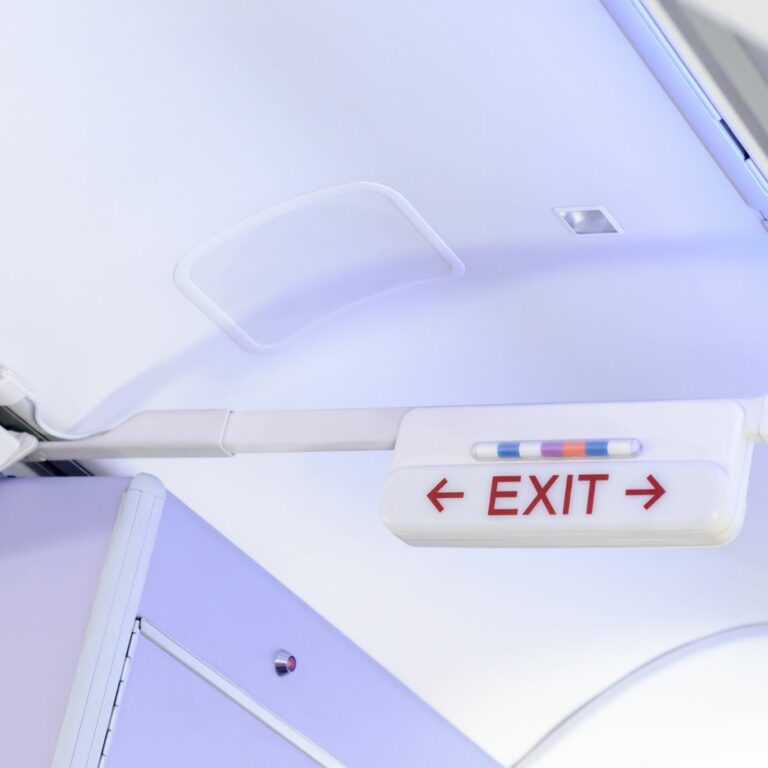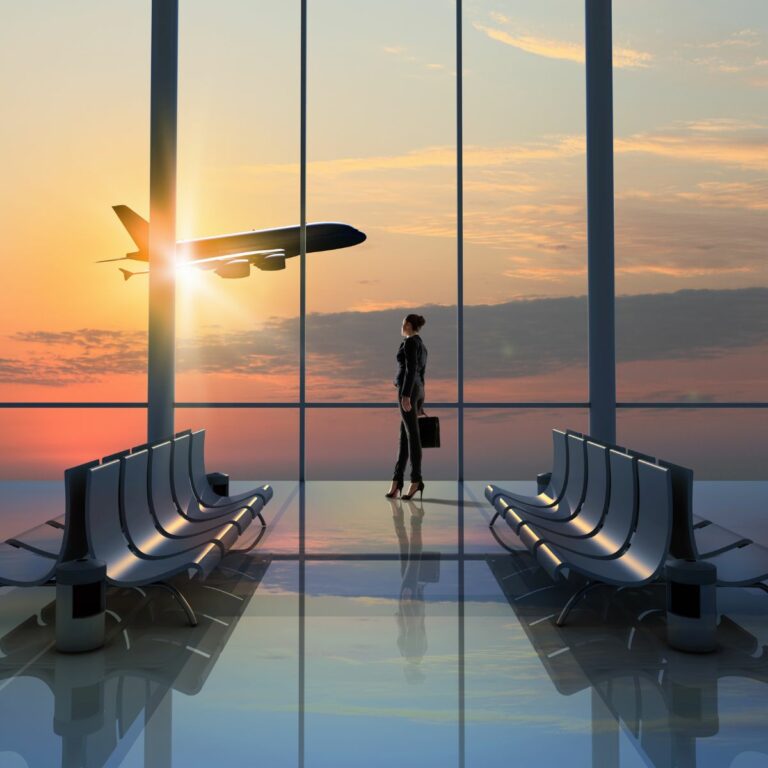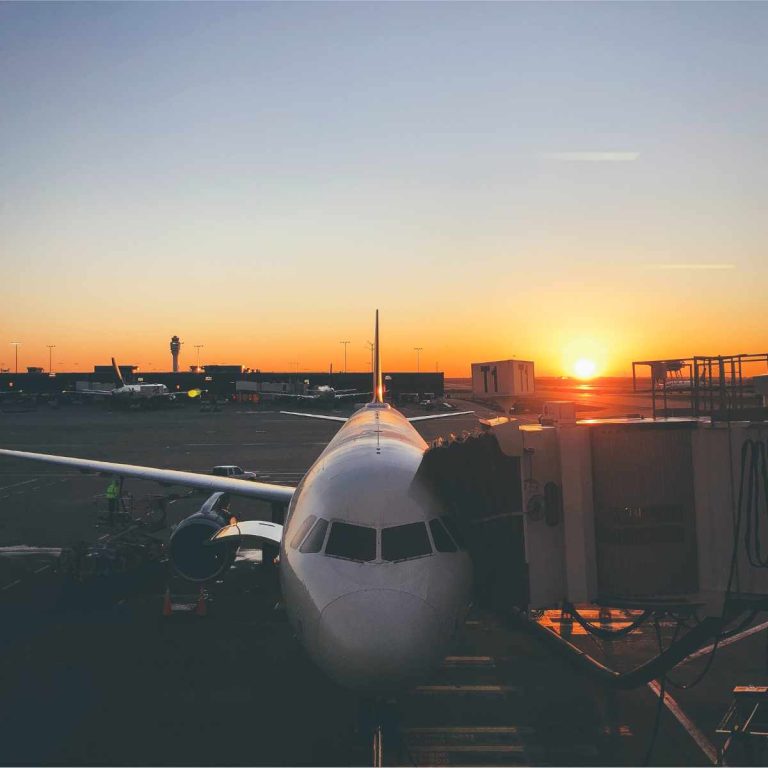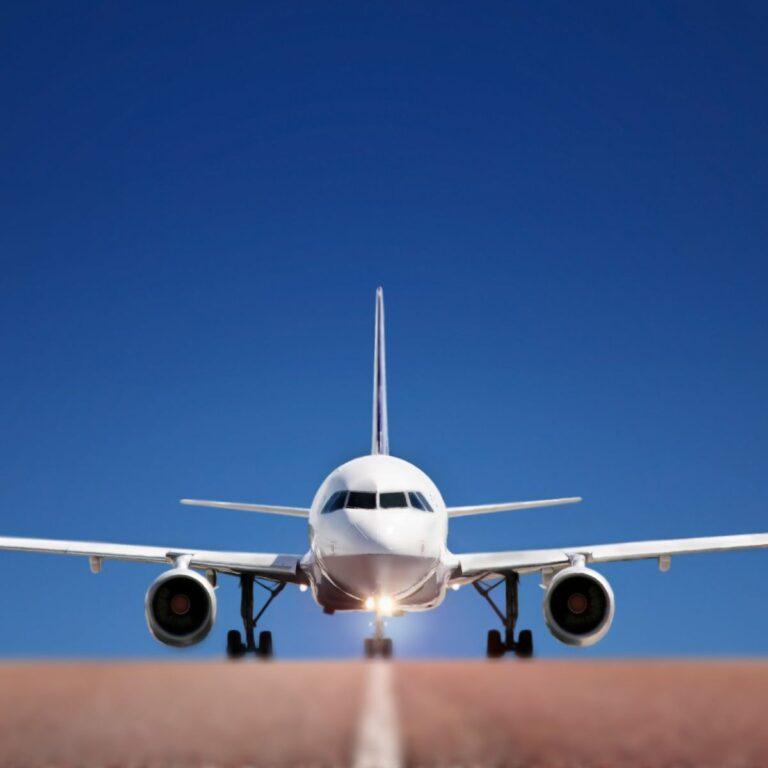What to do When Your Flight is Canceled
Flight cancelations can inconvenience travelers, disrupting their plans and causing frustration.
This article aims to guide how to handle such situations effectively.
Strategies such as checking for alternative flights and routes, contacting the airline or travel agent, understanding rights and compensation options, arranging accommodations and transportation, and maintaining composure will give the knowledge and skills needed to navigate the challenges of flight cancellations.
Check for Alternative Flights and Routes
When faced with a canceled flight, one possible course of action is to explore alternative flights and routes to reach the desired destination.
This approach involves searching for other available flights that accommodate the traveler’s schedule or finding alternative routes that may include multiple connections or layovers.
By considering alternative flights and routes, individuals can increase their chances of finding a suitable option to continue their journey.
It is important to note that exploring alternative flights and routes requires flexibility and patience, as it may involve adjusting travel plans and potentially increasing travel time.
Embracing this approach, individuals can demonstrate adaptability and resilience in flight disruptions, ultimately increasing their chances of successfully reaching their intended destination.
Contact the Airline or Travel Agent
It is advisable to promptly contact the airline or travel agent to address the situation when a flight is canceled.
This step is crucial as it allows passengers to obtain accurate and up-to-date information regarding their options and possible solutions.
Individuals can inquire about alternative flights, rescheduling options, or even refunds by contacting the airline or travel agent.
This direct communication lets passengers discuss their concerns and preferences, giving them a sense of agency and control over their travel arrangements.
Airlines and travel agents can access specialized systems and resources to expedite rebooking.
Individuals can contact the airline or travel agent to ensure their needs are acknowledged and addressed, fostering a sense of belonging and reassurance during an otherwise stressful situation.

Know Your Rights and Compensation Options
Passengers facing a flight cancelation should familiarize themselves with their rights and the compensation options available.
Various regulations and laws have been implemented to ensure that passengers are treated fairly and compensated appropriately.
For example, the European Union’s Regulation 261/2004 provides specific guidelines regarding passenger rights in the event of flight cancellations.
In the United States, airline passengers are entitled to a refund under the following circumstances:
In the following situations, consumers are entitled to a refund of the ticket price and associated fees.
- Canceled Flight – A consumer is entitled to a refund if the airline cancels a flight, regardless of the reason, and the consumer chooses not to travel.
- Schedule Change/Significant Delay – A consumer is entitled to a refund if the airline makes a significant schedule change and significantly delays a flight and the consumer chooses not to travel.
-
- DOT has not explicitly defined what constitutes a “significant delay.” Whether you are entitled to a refund depends on many factors – including the length of the delay, the length of the flight, and your circumstances. DOT determines whether you are entitled to a refund following a significant delay on a case-by-case basis.
- Class of Service Change – A consumer is entitled to a refund if the consumer was involuntarily moved to a lower class of service. For example, if the consumer purchased a first-class ticket and was downgraded to economy class due to an aircraft swap, the consumer is owed the difference in fares.
- Optional Service Fees – A consumer is entitled to a refund of fees paid for an optional service (for example, baggage fees, seat upgrades, or in-flight Wi-Fi) if the consumer was unable to use the optional service due to flight cancellation, delay, schedule change, or a situation where the consumer was involuntarily denied boarding.
-
- Note: In situations where you have purchased an optional service and that amenity either does not work or is unavailable on the flight, you may need to notify the airline of the problem to receive a refund.
- Baggage Fees – A consumer is entitled to a refund if they paid a baggage fee and their baggage has been declared lost by the airline.
- Airlines may have different policies to determine when a bag is officially lost. Most airlines will declare a bag lost between five and fourteen days after the flight, but this can vary from one airline to another.
- If an airline unreasonably refuses to consider a bag lost after it has been missing for an unreasonable period, the airline could be subject to enforcement action by the DOT.
- Learn more about lost, delayed, or damaged baggage.
- Fully refundable ticket – Consumers who purchase fully refundable tickets are entitled to a refund when they do not use the purchased ticket to complete their travel
According to this regulation, passengers may get compensation, reimbursement of expenses, or alternative transportation options.
Also, passengers should be aware of any policies or provisions set forth by the airline, as these may provide additional options for compensation or rebooking.
Arrange Accommodations and Transportation
In situations of flight cancelation, arrange accommodations and transportation promptly to ensure that passengers are adequately supported and their travel plans are not entirely disrupted.
When a flight is canceled, passengers have the right to request appropriate accommodations, such as hotel accommodations or meals, depending on the length of the delay and the circumstances of the cancellation.
As various consumer protection regulations outline, airlines are responsible for providing these accommodations.
Airlines should also assist passengers in arranging alternative transportation, such as rebooking them on another flight or providing ground transportation to their intended destination.
Passengers must communicate with airline staff and follow their instructions regarding accommodations and transportation options to minimize inconvenience and ensure a smooth continuation of their travel plans.
Stay Calm and Make the Most of the Situation
Remaining composed and making the best of the circumstances can help passengers effectively navigate through unexpected flight disruptions.
When faced with a flight cancelation, passengers must stay calm and approach the situation positively.
By staying composed, passengers can avoid unnecessary stress and anxiety, allowing them to think clearly and make informed decisions.
It is crucial to remember that flight cancelations are often beyond the control of the passengers, and getting frustrated or angry will not change the situation.
Instead, passengers should focus on finding alternative solutions, such as rebooking their flights or seeking assistance from airline staff.
To summarize, remaining calm and taking appropriate action when faced with a canceled flight is essential.
Checking for alternative flights and routes is crucial in finding a solution.
Contacting the airline or travel agent can provide further assistance and information.
Understanding one’s rights and compensation options is essential for possible reimbursements.
Arranging accommodations and transportation ensures a comfortable stay during the disruption.
By following these steps, individuals can make the most out of the situation and minimize the inconvenience caused by a canceled flight.





